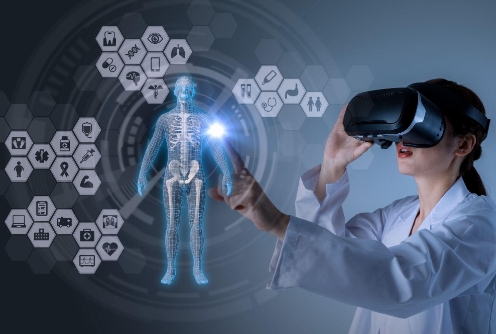In recent years, the healthcare industry has seen a surge in technological advancements that are revolutionizing the way we think about healthcare. From artificial intelligence to telemedicine, these innovations are dramatically improving patient outcomes and streamlining processes for healthcare providers.
Artificial Intelligence in Healthcare
Artificial intelligence (AI) is being used in healthcare to analyze complex medical data, predict patient outcomes, and even assist in surgical procedures. AI-powered algorithms can sift through massive amounts of data to identify patterns and trends that may go unnoticed by human doctors. This technology is enabling more personalized and efficient healthcare delivery.
Telemedicine for Remote Care
Telemedicine allows patients to consult with healthcare providers remotely, eliminating the need for in-person visits. This is particularly beneficial for patients in rural areas or those with limited mobility. Telemedicine has also played a crucial role during the COVID-19 pandemic, allowing patients to receive care without the risk of exposure to the virus.
Wearable Health Monitoring Devices
Wearable health monitoring devices, such as fitness trackers and smartwatches, are becoming increasingly popular for tracking various health metrics, such as heart rate, activity level, and sleep patterns. These devices provide patients and healthcare providers with real-time data to monitor health conditions and make informed decisions about treatment plans.
Blockchain Technology for Health Information Security
Blockchain technology is being employed in healthcare to secure patient health information and improve data interoperability. By decentralizing data storage and encrypting information, blockchain technology can help prevent data breaches and ensure the integrity of health records.
Robotic Surgery and Assistive Devices
Robotic surgery systems and assistive devices are transforming the field of surgery by enhancing precision, reducing recovery times, and improving outcomes for patients. These technologies allow surgeons to perform complex procedures with greater accuracy and control, leading to better patient outcomes.
Conclusion
The rapid advancement of technology in healthcare is revolutionizing the way we approach patient care and medical treatment. From artificial intelligence to telemedicine, these innovations are making healthcare more personalized, efficient, and accessible for patients around the world. As these technologies continue to evolve, we can expect to see even greater improvements in patient outcomes and healthcare delivery.

